Textile production with SAG Fashion
Certified Sustainable
Sustainability is an important topic in the textile and clothing industry. Our production conditions are therefore independently controlled and certified.
The production of clothing and textiles has a significant impact on the environment, especially the climate. Although there are many difficulties in developing sustainable textile production, there are also many opportunities to bring about positive change.
Our goal is for us as a producer, but also for our suppliers and customers, to contribute to ensuring a more sustainable future for the planet. Together, we have various opportunities to promote sustainability in the clothing industry.
At SAG Fashion, this includes using environmentally friendly materials, supporting fair working conditions and promoting the circular economy.
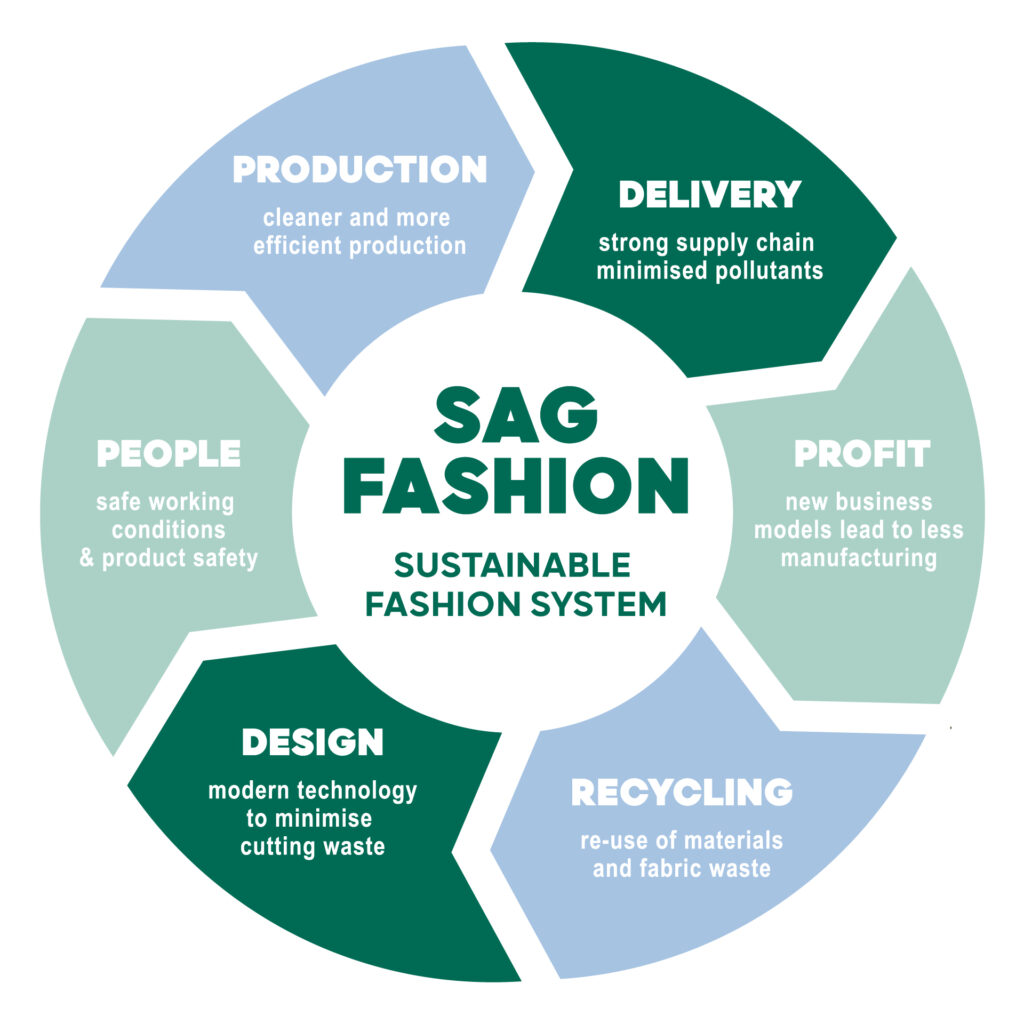
Sustainability
Our approach to fair and more sustainable textile production.
Planet
People
Profit
Environment?
Consciously!
SAG Fashion has developed a holistic system to minimize the consumption of natural resources and, in particular, CO2 emissions.
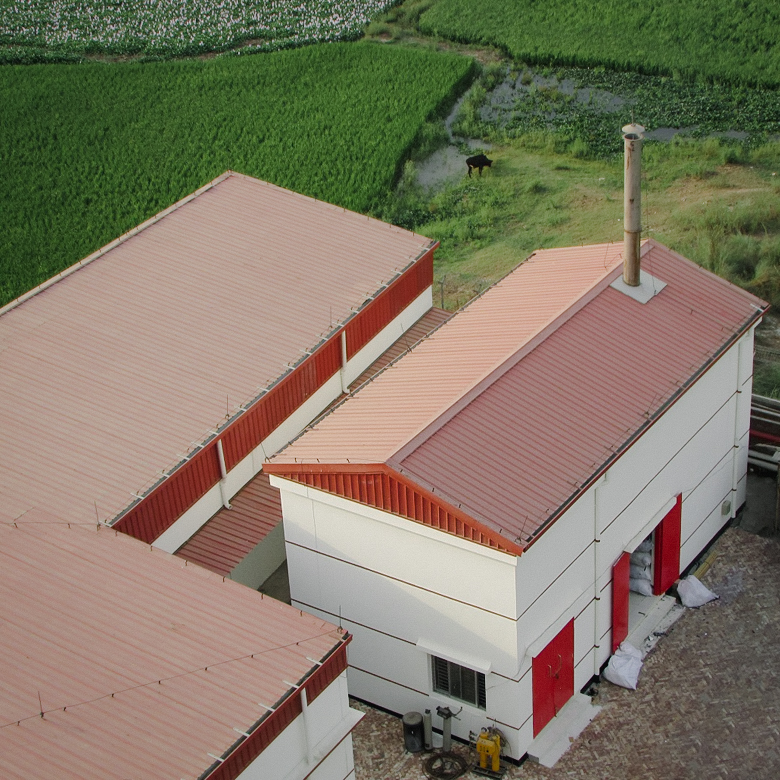
Boiler Room
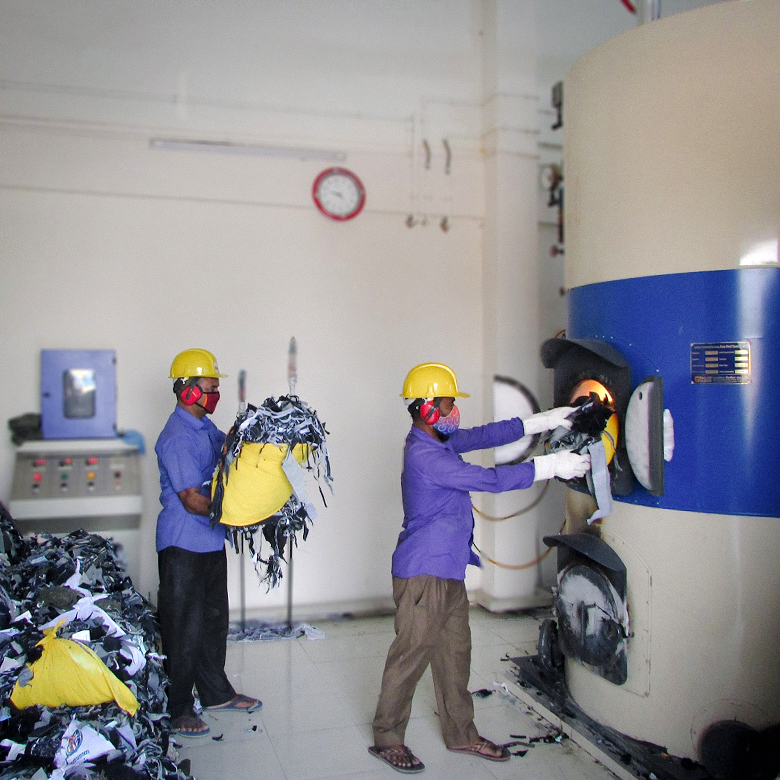
Waste Boiler

Rooftop Solar System
Certificates and proofs
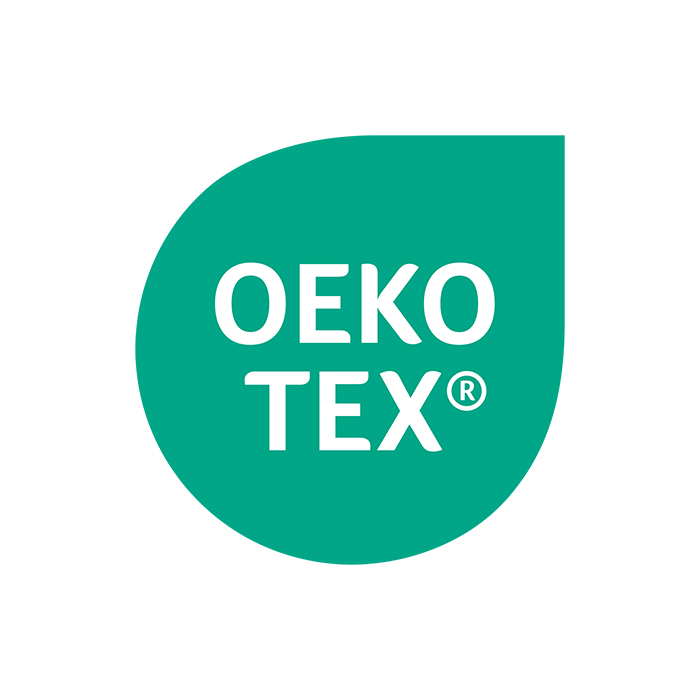
OEKO-TEX®
MADE IN GREEN
All products are tested for health safety and the production facilities are tested for socially and environmentally compatible production conditions.
View original
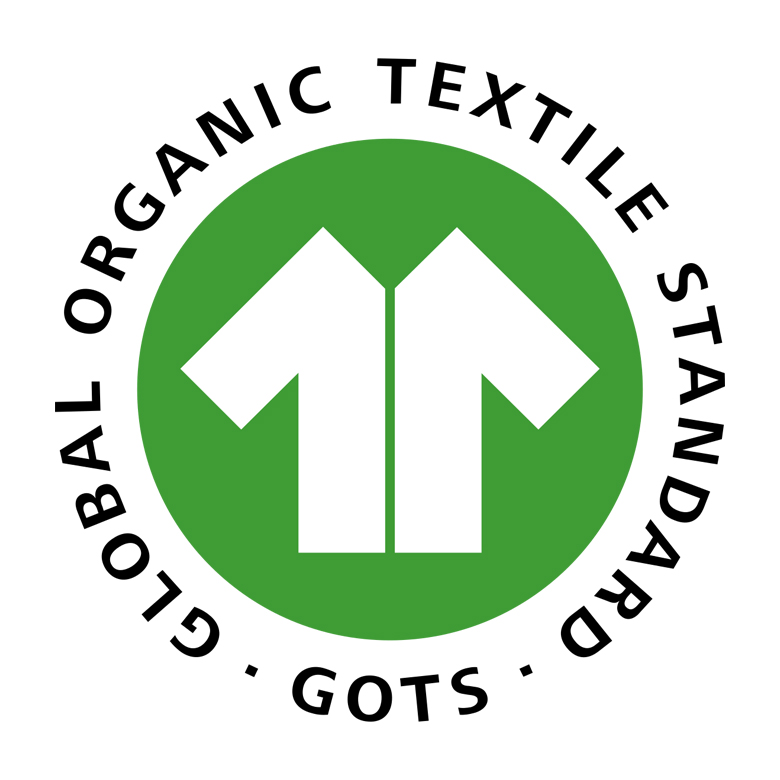
GLOBAL ORGANIC
TEXTILE STANDARD
The Global Organic Textile Standard (GOTS) is recognized as the world's leading standard for the processing of textiles made from organically produced natural fibres.
View original
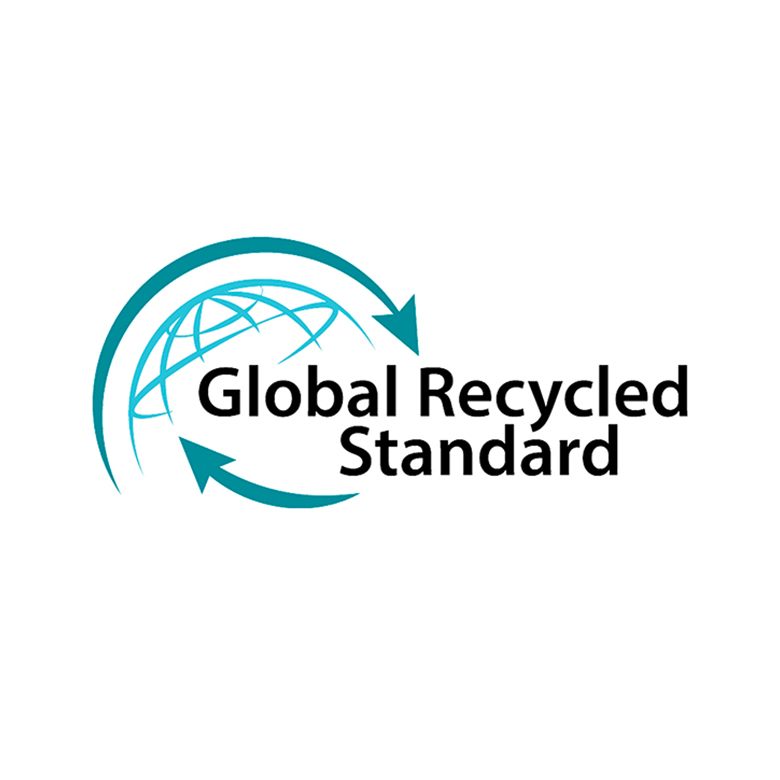
GLOBAL RECYCLED STANDARD
The Global Recycled Standard (GRS) enables companies to record the exact proportion of recycled material in a product and track it through the production chain.
View original

ORAGNIC CONTENT STANDARD
The Organic Content Standard (OCS) is a voluntary global standard that defines the criteria for the certification of organic materials and the product chain by third parties.
View original
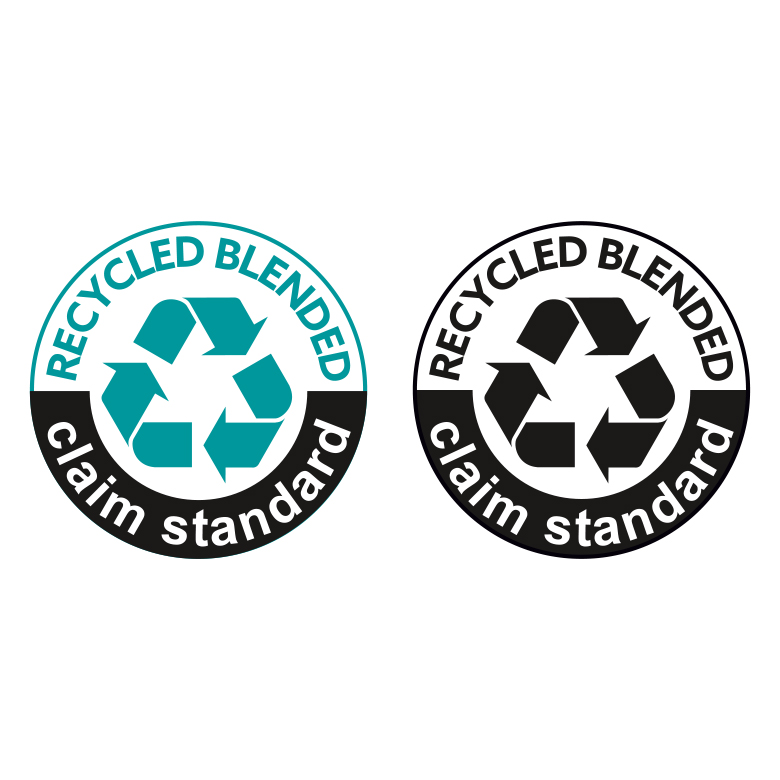
RECYCLED CLAIM STANDARD
The Recycled Claim Standard (RCS) is used as a chain-of-custody standard to track recycled raw materials along the supply chain.
View original
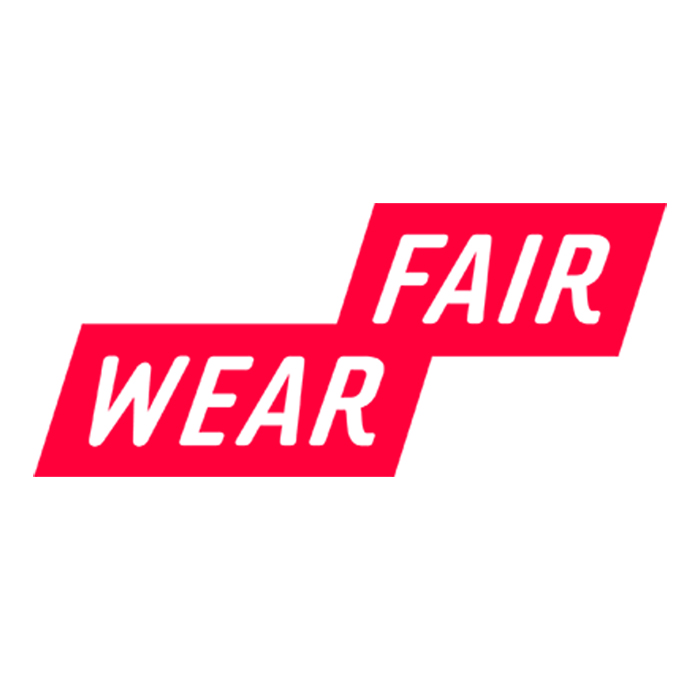
FAIR WEAR
FOUNDATION
Factories cannot become Fair Wear members, even if member brands produce there. Only one brand can become a Fair Wear member.
More information
